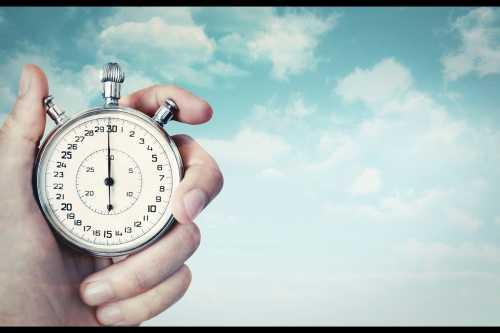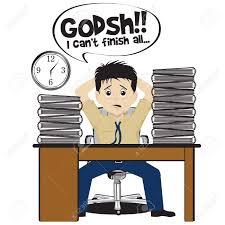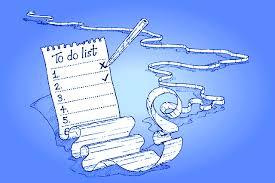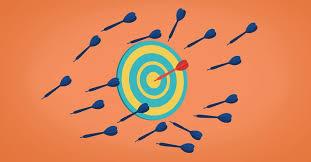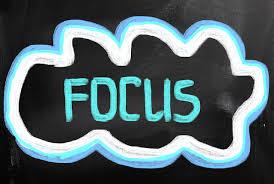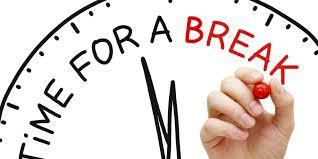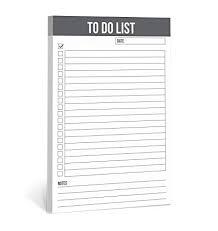Avoid These 8 Productivity Myths
Curated from: entrepreneur.com
Ideas, facts & insights covering these topics:
8 ideas
·3.53K reads
4
Explore the World's Best Ideas
Join today and uncover 100+ curated journeys from 50+ topics. Unlock access to our mobile app with extensive features.
Investigating procrastination
If you are putting something off, consider why. Often it's not the task you're avoiding but a larger issue, such as a fear of failure or a lack of concrete direction.
Ask yourself what you need to make getting things done easier. And if your delays stem from a larger issue with your job, don't feel like you have to go it alone – ask for help.
311
724 reads
Doing the "busy work" first
Scientists say doing hard work first ensures you tackle challenges when you’re at your most creative and prepared. Jump right into the biggest priority on your list and when you're ready to take a break, switch gears to the lower-impact tasks.
257
513 reads
Thriving under pressure
Working in crisis mode can make you less creative, since you’re less likely to collaborate and seek out new perspectives and find the best idea. You’re more likely to rely on hierarchy and produce average work, not breakthroughs.
194
471 reads
Having too much to do
People often add overly ambitious plans that seem daunting and set them up for failure, but a manageable plan makes us less likely to procrastinate. Drop off or delegate what you can, reevaluate what you’re expected to do and start asking for help.
193
382 reads
Practice doesn't always make perfect
Only the right type of practice will lead to improvement. Re-examine your tasks if they help you to move the needle or meet important benchmarks, and if they do, think how you can improve them.
194
367 reads
Multi-tasking and efficiency
Multitasking adds stress and draws out the time needed to complete individual items on your to-do list. Instead, finish one task at a time.
Prioritize and concentrate on what’s most important first. Working your way through the list will motivate you and give you a sense of accomplishment.
199
314 reads
Powering through
Studies indicate that short breaks can lead to 16% boosts in focus. Better to work for 90 minutes at a time with short breaks in between.
Stepping back to clear your head, even if it's just for a quick walk around your office, can jumpstart your brain and leave you feeling refreshed.
215
322 reads
To-do lists
Properly set to-do lists can keep you organized and help you commit to a task. Studies indicate that setting strict parameters and deadlines while measuring progress can keep you accountable, encouraged and on track.
207
445 reads
IDEAS CURATED BY
Kaleb 's ideas are part of this journey:
Learn more about timemanagement with this collection
How to secure funding
How to market and sell your product or service
How to scale and grow your business
Related collections
Similar ideas
7 ideas
7 Popular Productivity Myths Busted
pickthebrain.com
5 ideas
10 ideas
10 Productivity Myths That Hold You Back
lifehack.org
Read & Learn
20x Faster
without
deepstash
with
deepstash
with
deepstash
Personalized microlearning
—
100+ Learning Journeys
—
Access to 200,000+ ideas
—
Access to the mobile app
—
Unlimited idea saving
—
—
Unlimited history
—
—
Unlimited listening to ideas
—
—
Downloading & offline access
—
—
Supercharge your mind with one idea per day
Enter your email and spend 1 minute every day to learn something new.
I agree to receive email updates
